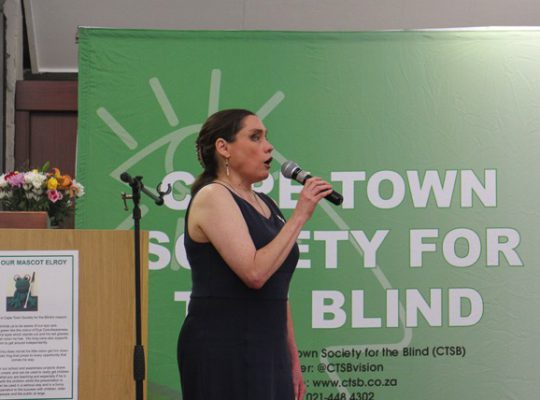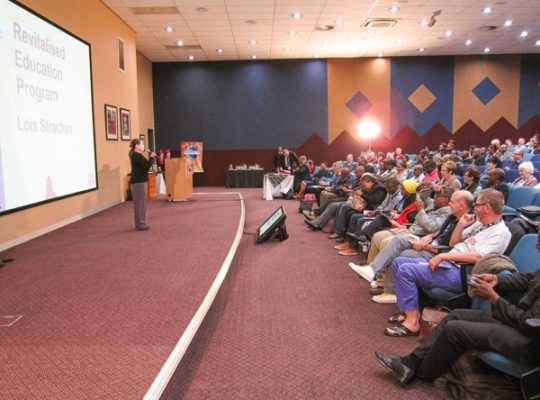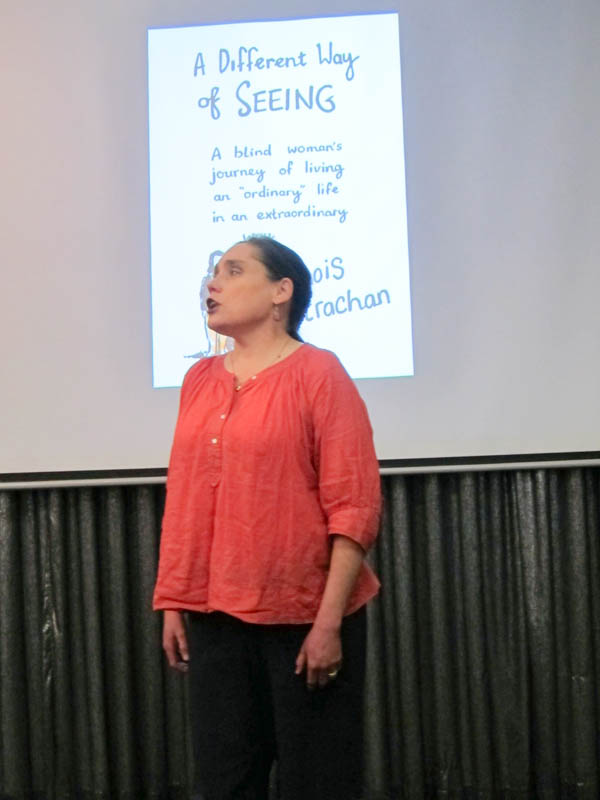
As someone who’s been travelling for a number of years with a visual impairment, I’m familiar with the assistance and support that I need to put in place to assist me to travel. Whether I’m travelling with a sighted companion or travelling on my own, I know the help I require and how to ensure I arrange for it ahead of time. For me, this includes assistance at the airport, transport to and from the airport, and ensuring that my needs – and those of my guide dog, if Fiji is with me – can be accommodated at the place I’m staying.
But what about a person with a disability who hasn’t travelled before? How do they become aware of the assistance that they can tap into?
I had the opportunity to interview a gentleman named Saul Molobi on my accessible travel podcast, A Different Way of Travelling. Saul shared the story of his first overseas trip since becoming mobility impaired three years ago. I listened as he described accommodations at the airport and the hotel that should have been there, and weren’t. And the impact the lack of those services had on his journey. And I found myself thinking, “That’s not how it’s meant to happen!”
I guess, for those of us who have travelled regularly with a disability, it’s almost automatic that we spend time researching what facilities and services are available to assist us when we travel Yes, it takes time. Yes, it’s sometimes frustrating when we don’t find it easy to identify whether or not a service provider can accommodate our needs. And yes, sometimes we put everything in place and yet it’s not there when we arrive. But at least we know what we need to look for and request. Because we’ve learned by experience – most often from what’s gone wrong before.
I’d like to think my podcast can be a resource to help people to overcome some of the challenges of travelling with a disability, so they don’t need to face so many barriers to a positive travel experience. I’ve never thought of it before, but the information shared by the people I interview can be of immense value to other travellers who may not have travelled as much as some of us have. At least, I hope so.
Going back to the interview with Saul. You may be thinking that it landed up being a sad, depressing interview. On the contrary, I think it’s one of the most inspiring stories I’ve shared so far – Saul kept reinforcing how liberating it was for him to know he could overcome the barriers he faced, and how satisfying it was for him to be able to successfully travel on his own for the first time. Sure, he struggled with certain aspects of the trip, but he said he knows what he needs to do differently when he travels next time.
Even if you have no interest in accessible travel, I think you should listen to Saul’s story – it’s a story of courage, tenacity and triumph over adversity. And it was an honour for me to be able to share the story on the podcast.
You can find Saul’s story here: http://iono.fm/e/797930




